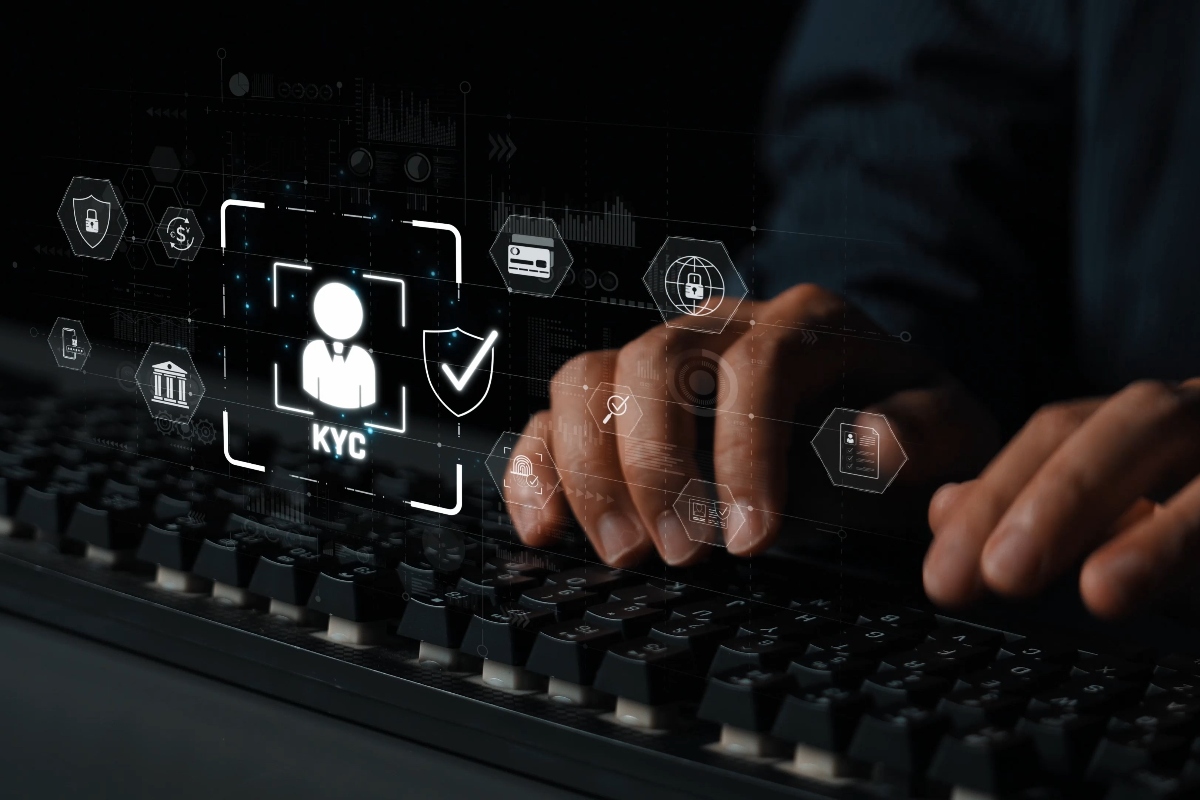Electronic signatures have revolutionised document signing, turning what once required paper and postage into a simple, instant online action. This convenience has made e-signatures a trusted tool for everything from contracts to property transactions.
But whilst e-signatures make signing easier, they also raise the vital question of how do we know the person signing is genuinely who they say they are? Without verifying the signatory’s identity, an e-signature alone could be impersonated, leading to fraud and enforceability issues.
Identity verification bridges this gap by providing clear evidence of the signatory’s identity, safeguarding all parties and upholding the legal integrity of the agreement. In today’s digital landscape, it serves as the discreet yet vital safeguard behind every trusted e-signature.
What is identity verification?
Identity verification is the process of confirming that an individual is who they claim to be. Traditionally, this could mean showing a passport or driver’s licence in person. Today, digital identity verification can involve checking official documents online, using facial recognition or sending one-time passcodes to a verified device.
Effective identity verification acts as a safeguard against impersonation and misuse. It ensures that legal agreements are signed by the correct parties and that the integrity of the agreement is upheld if ever challenged.
Why is identity verification important?
Without robust verification, an electronic signature is vulnerable. Anyone with access to an email or device could impersonate someone else to sign contracts fraudulently or even dispute the validity of an agreement later. For regulated sectors like conveyancing, finance and legal services, this risk is unacceptable.
Regulatory bodies increasingly require strong evidence of signatory identity as part of compliance. For example, under anti-money laundering (AML) regulations, many financial services firms must verify the identity of parties before allowing them to sign loan agreements or open accounts digitally. This emphasis reflects a wider recognition that an e-signature alone, without proof of who signed, can expose firms and clients to significant legal and financial risks.
The connection between ID verification and e-signatures
Electronic signatures make signing easier, but identity verification ensures signing remains trustworthy. Together, they provide a secure, legally robust alternative to traditional wet ink signatures and in-person witnessing. This combination supports faster transactions without sacrificing legal defensibility. Most electronic signature solutions do not support identity verification as part of the signing flow.
So, is ID verification really necessary for e-signatures?
Put simply, identity verification is what makes an electronic signature trustworthy and defensible. Without it, there’s little to stop someone from impersonating another person, signing without consent, or later denying their involvement. With proper verification in place through document checks or secure passcodes, organisations gain clear evidence that each signature is genuine and legally valid. This protects organisations, clients and anyone relying on the signed document from unnecessary risk and dispute.
ID verification made simple with the right platform
As more organisations move away from paper and embrace digital ways of working, combining e-signatures with reliable identity verification is becoming the industry standard for secure, compliant transactions. There are different levels of verification depending on the document’s importance, but ensuring that signatories are who they say they are is at the heart of safeguarding trust in the digital world.
Bonafidee helps businesses meet this need by providing an end-to-end platform that seamlessly connects identity verification and e-signatures in one secure workflow. With a solution like this in place, organisations can confidently move paperwork online, knowing every agreement is protected, defensible and easy to manage from start to finish.
To find out more about e-signing and how to future proof your business for the new industry standard, download our guide below.



